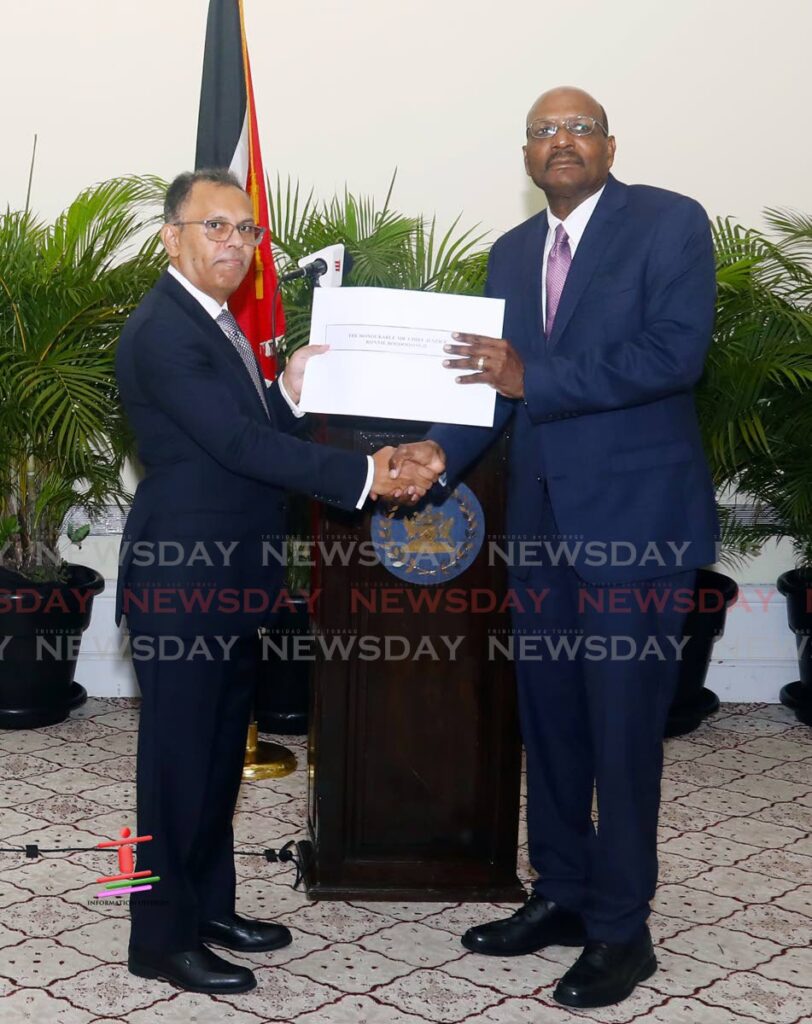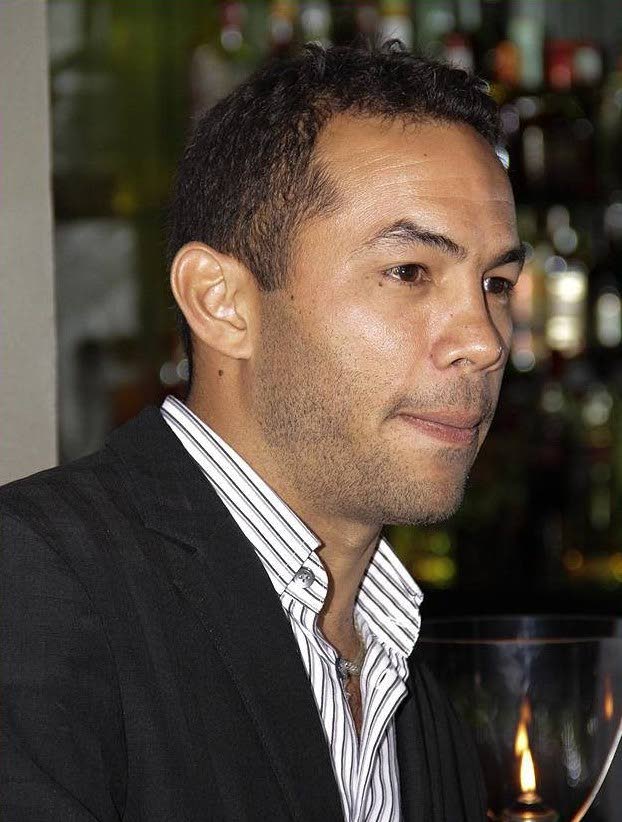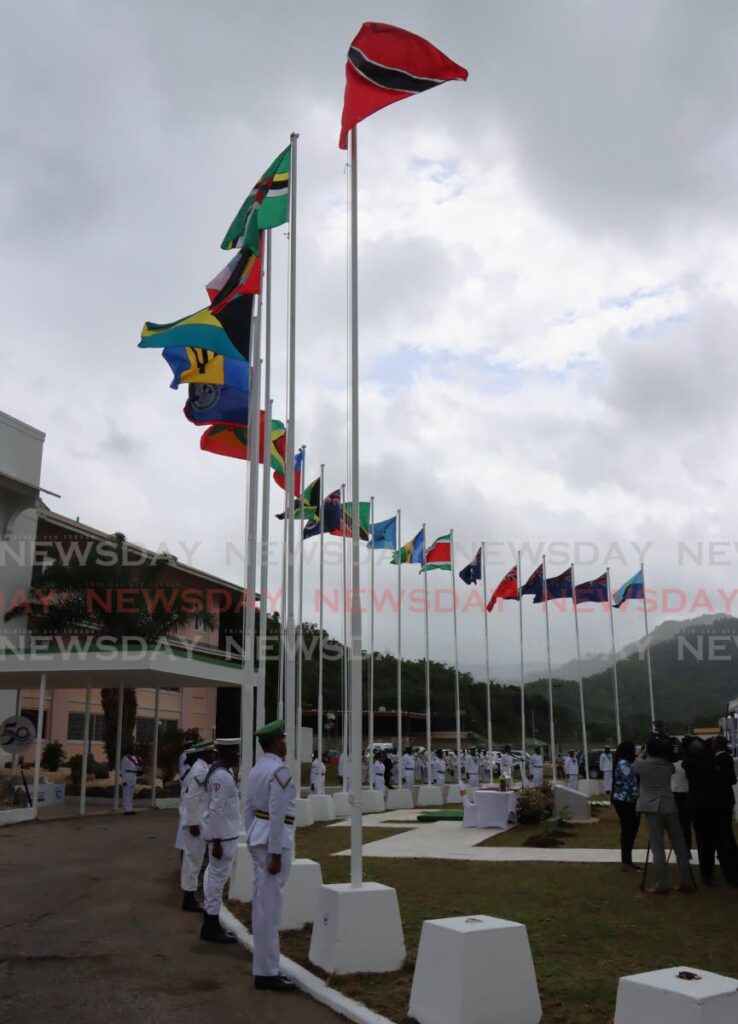Trinidad and Tobago’s 2025/2026 budget has been hailed as one of the most progressive in recent years, addressing key areas such as the green economy, agriculture, marginalized groups, and young families. However, the creative industries have once again been sidelined, reflecting a longstanding pattern of political and institutional neglect. Despite the sector’s potential to generate significant foreign exchange through music, carnival, fashion, and film, it received minimal attention in the budget speech, with only two brief mentions and a few buried items in budget documents. This lack of focus fails to align with international standards or the local reality, where the creative economy could thrive with proper policy, legislative, and institutional support. In response, a coalition of artists has called for a closed-door summit with the government to address these gaps. The budget’s vague references to a ‘Creative Value-Chain Fund’ and enhanced IP protection have left many in the sector confused, especially given the previous administration’s dismantling of key agencies like FilmTT, FashionTT, and MusicTT. These agencies were replaced with a new entity tied to Eximbank, created without stakeholder consultation and with unclear operational mechanics. The creative sector’s underfunding has been a persistent issue, with film grant funding once plummeting to just $1 million—insufficient even for catering on a small foreign production. To unlock the sector’s potential, experts propose several interventions, including a national ‘buy-local’ campaign, the enactment of local content policies, the establishment of a national arts council, increased funding for CreativeTT, and the launch of a national tour company to export Trinidad and Tobago’s creative IP. Additionally, addressing the human crisis among local creatives, building creative hubs, and setting growth targets for Carnival are seen as critical steps. Without these measures, the creative sector’s vast potential will remain untapped, leaving Trinidad and Tobago lagging behind global peers like the UK, where the creative industries generate billions annually.
博客
-

Give CSO greater role in budget affairs
The Central Statistical Office (CSO) recently announced a decline in inflation to one per cent for the previous month. While this is a positive development, questions arise about the timing of this information, released just four days after Finance Minister Davendranath Tancoo presented the national budget. The budget included fiscal measures directly impacting prices, such as reductions in super gasoline costs and increased duties on alcohol and tobacco. This raises concerns about the CSO’s role in forecasting the effects of such budgetary measures. Currently, the CSO collaborates with government departments in data collection and analysis but lacks a formal role in projecting budget impacts. Historically, the CSO’s data has been somewhat delayed, though this gap has significantly narrowed in recent years. The budget process is inherently forward-looking, with only a minor focus on past reporting. Given the CSO’s annual budget of at least $55 million, there is a strong argument for its involvement in estimating future fiscal impacts. Globally, independent fiscal oversight bodies, such as the UK’s Office for Budget Responsibility and the US Congressional Budget Office, are common. Locally, the establishment of an Economic Resilience Council is underway, but a neutral, independent body outside Parliament is deemed essential for thorough budget scrutiny. Utilizing existing institutions like the CSO and the Central Bank could enhance the timeliness and relevance of fiscal data, ensuring it remains useful rather than outdated.
-

A humble CJ amid bacchanal
Ronnie Boodoosingh officially commenced his tenure as Chief Justice on October 22, delivering a heartfelt and unscripted address that underscored his humility and dedication to the judiciary. Speaking extemporaneously, Boodoosingh emphasized his commitment to hard work and humility, setting a reassuring tone for his leadership. He paid tribute to his predecessors, including former Chief Justice Ivor Archie, and acknowledged the support of his family, stating, ‘They make me a better person.’
The swift transition following Archie’s departure was met with relief, though the televised swearing-in ceremony appeared rushed, with key guests arriving late and logistical hiccups such as the absence of glasses during a toast. Behind the scenes, acting President Wade Mark faced objections from Opposition Leader Pennelope Beckles, who advocated for a more senior judge to act as Chief Justice. Despite these tensions, the Constitution grants the President the authority to appoint the Chief Justice after consulting with the Prime Minister and Opposition Leader.
Boodoosingh’s recent ruling in the Court of Appeal, which affirmed a constitutional right to return home after international travel, highlights his focus on human rights. This commitment, coupled with his sponsorship of a human rights award at the Hugh Wooding Law School, suggests that fundamental rights will be a cornerstone of his tenure. As the dust settles, the nation looks forward to a judiciary led by a Chief Justice known for sound judgment, fairness, and dedication.
-

Time to ban fireworks for good
In Trinidad and Tobago (TT), the annual tradition of fireworks, intended to symbolize joy and celebration, has instead become a source of widespread distress and danger. The Editor of Newsday, Jeff K. Mayers, highlights the severe consequences of this practice, which affects everyone from the elderly to infants, and even pets and wildlife. The trauma caused by fireworks is not an isolated issue but a systemic failure that demands urgent attention.
Historical incidents underscore the gravity of the situation. In 2019, ‘Joey,’ a kangaroo at the Emperor Valley Zoo, died from shock following a fireworks display. In 2015, Arjun Maraj, a 54-year-old from Freeport, suffered severe hand injuries from a scratch bomb during Divali celebrations. On New Year’s Day 2022, a fire sparked by fireworks in Port-of-Spain left 23 residents homeless. A 2020 survey by the Environmental Management Authority (EMA) revealed that 79% of nearly 3,000 respondents reported negative effects from fireworks, including panic attacks, hypertension, and distress in animals.
Despite repeated calls for action, successive governments have failed to address the issue decisively. The EMA has advocated for a ban on noisy fireworks and proposed limiting sales to ‘noise-reduced’ alternatives under 100 decibels. However, no significant measures have been implemented.
Other countries have already taken progressive steps. Ireland, the Netherlands, and many Chinese cities have banned consumer fireworks, reserving displays for licensed professionals. These nations demonstrate that celebrations can be both beautiful and safe, without causing harm or pollution.
The Editor argues that true progress is measured not by GDP growth alone but by the happiness, safety, and well-being of the population. Bhutan’s Gross National Happiness Index serves as a model, emphasizing community welfare over commercial spectacle. TT, the Editor suggests, should adopt a similar approach.
The call to action is clear: ban the importation, sale, and use of fireworks by the public, reserving displays for licensed professionals under strict regulation. This would foster a culture of compassion, creativity, and care for all living beings, ensuring a safer and happier society.
The time for half-measures has passed. It is time to make TT fireworks-free, prioritizing the safety, sanity, and well-being of everyone.
-

End thisfireworksassault on peace, sanity
In a compelling letter to the editor of Newsday, Roger Neckles has urged for a comprehensive ban on the public sale and use of fireworks, citing the widespread harm they cause to citizens, pets, and wildlife. Neckles highlights how what should be joyous celebrations have turned into nights of trauma, anxiety, and environmental disruption. Despite existing laws under the Summary Offences Act (Chap 11:02) and the Explosives Act (Chap 16:02), which regulate the use, importation, and sale of fireworks, enforcement remains lax, leading to indiscriminate explosions in communities across the country. The Environmental Management Authority (EMA) has already recommended banning loud fireworks and promoting quieter alternatives, a move Neckles supports as both logical and compassionate. He proposes a total ban on fireworks, with exceptions only for Independence Day and New Year’s Eve celebrations at government-supervised venues. This approach, he argues, would balance cultural traditions with the need to protect public safety, animal welfare, and the environment. Neckles also emphasizes the suffering fireworks cause to vulnerable populations, including the elderly, the sick, and children on the autism spectrum, as well as the devastating impact on wildlife, such as disorienting nesting birds and forest animals. He calls for celebrations to be expressed through acts of kindness, such as supporting charities or community causes, rather than through harmful noise and debris. Neckles concludes by urging leaders to enforce existing laws and protect both people and wildlife from the annual disruption caused by fireworks.
-

Ansa McAL celebrates Guyanese mall opening
Guyana’s retail and cultural landscape is set for a transformative leap with the commencement of the $60 million Chateau Margot Mall, a project spearheaded by Ansa McAL. The groundbreaking ceremony, held recently, was attended by Guyanese President Dr. Mohammed Irfaan Ali, Ansa McAL Chairman Norman Sabga, and Managing Director of Ansa McAL Distribution Inc Guyana, Troy Cadogan. The 110,000 square-foot mixed-use development, located along Guyana’s east corridor, marks a bold new chapter in the nation’s economic and cultural narrative. Designed by internationally renowned architect Varchi, the mall will feature over 60 stores, cultural landmarks, public spaces, premium office suites spanning 24,000 square feet, and nearly 500 parking spaces. The project’s proximity to the historic Chateau Margot Chimney, a symbol of Guyana’s industrial heritage, underscores its commitment to preserving the nation’s past while driving future progress. Ansa McAL has collaborated closely with the National Trust of Guyana to ensure the integrity of the site’s heritage is maintained. Group Chairman Norman Sabga emphasized that the mall is not merely a commercial development but a testament to regional expertise and collaboration. President Ali highlighted the project’s alignment with Guyana’s vision for societal transformation, rooted in human development. As Guyana embraces its moment of growth, the Chateau Margot Mall stands as a beacon of progress and partnership.
-

Phillip Morris announces launch of CCA cluster
In a strategic move to consolidate its presence in the Caribbean, Central America, and the Andean region, Philip Morris International (PMI) has established the new Philip Morris CCA (Caribbean, Central America, and Andean) cluster. This initiative aims to unify over 30 countries under a single operational framework, enhancing market development and regional integration. PMI emphasized that this decision underscores its dedication to fostering growth and opportunities within these diverse markets. The newly formed cluster will leverage PMI’s extensive multi-category portfolio, positioning Trinidad and Tobago (TT) as a pivotal hub for the Caribbean community. Concurrently, PMI announced the appointment of Dominic Lau as the new commercial manager for TT and the Caribbean Community (Caricom). Lau will spearhead the expansion of Philip Morris TT Ltd’s (PMTT) product portfolio, focusing on offering reduced-harm alternatives for adult smokers and ensuring responsible commercialization practices. This dual announcement highlights PMI’s commitment to innovation and regional development.
-

Bureau of Standards hosts collaborative facility tour
The Trinidad and Tobago Bureau of Standards (TTBS) recently hosted members of the Trinidad and Tobago Chapter of the International Facility Management Association (TTIFMA) for an insightful tour of its Macoya headquarters on October 22. The visit underscored the critical role of standards, testing, and measurement in ensuring safe and efficient facilities nationwide. Participants explored various laboratories, including chemical, electrical, fibre, and materials testing units, as well as the metrology division, which offers calibration services for mass, pressure, temperature, and electrical measurements. The tour emphasized the application of international standards, such as ISO 15189:2022, to improve operational efficiency and competitiveness in facility management. Acting TTBS Executive Director Karlene Lewis described the event as a vital link between science, standards, and sustainability, highlighting the importance of integrating technical standards into everyday operations to enhance safety, efficiency, and quality of life. TTBS and TTIFMA also reaffirmed their commitment to advancing Trinidad and Tobago’s national quality infrastructure and ensuring compliance with global standards. Edward Kacal, Chair of the National Mirror Committee, praised the collaboration for fostering professional practice and operational excellence in the country.
-

CSME skills certificate opens doors across Caribbean
The Caricom Single Market and Economy (CSME) Skills Certificate has emerged as a transformative tool for skilled Caribbean nationals, enabling them to live, work, and thrive across member states without the need for a work permit. This initiative, formally known as the Certificate of Recognition of Caricom Skills Qualification, has empowered hundreds of individuals to pursue careers, establish businesses, and maintain family unity while relocating to another Caribbean country.
-

Appeal Court reinstates NOVO’s border control claim
In a landmark ruling, the Court of Appeal has reinstated NOVO Technology’s multimillion-dollar claim against the Airports Authority of Trinidad and Tobago (AATT), overturning a High Court decision that had dismissed the case as an abuse of process. The appeal, presided over by Justices Peter Rajkumar, Ronnie Boodoosingh, and James Aboud, unanimously found that NOVO’s second claim, filed after the termination of a contract during the COVID-19 pandemic, was legitimate and not an abuse of process. The judges criticized the High Court’s earlier decision, stating that it had erred in striking out the claim. NOVO is seeking over $50 million in damages for alleged breach of contract and non-payment, following what it claims was an unlawful termination by the AATT under a force majeure clause. The Court of Appeal emphasized that the doctrine of abuse of process should only apply where a defendant can demonstrate oppression or harassment, which the AATT failed to prove. The court ordered the consolidation of NOVO’s first and second claims, remitting the case to a new High Court judge for case management and trial. The ruling also highlighted that the matters in dispute arose after the initial suit was filed, making the second claim a genuine subject of litigation. Additionally, the court ordered the AATT to pay NOVO’s legal costs, totaling $262,500. This decision paves the way for the continuation of the airport modernization project, which includes the installation of eGates, boarding gates, and automated kiosks designed to streamline immigration processing and reduce passenger wait times. NOVO has previously implemented similar border control systems in Guyana, significantly improving efficiency and traveler convenience.
